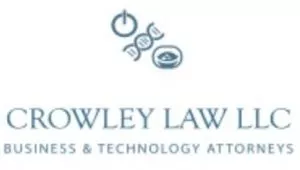- within Intellectual Property topic(s)
- within Law Practice Management, Tax and Law Department Performance topic(s)
When your company is licensing technology from a university, securing fair and manageable terms is crucial for your future success. But how do you determine what's "fair" and structure a deal that your startup can afford?
In this insightful video, Phil Crowley, founder of Crowley Law LLC and an experienced business and technology lawyer, shares practical strategies for approaching university technology license negotiations.
Key takeaways to help you get a better deal:
Conduct Thorough Due Diligence: Before entering serious
negotiations, do your homework. Go out on the internet and research
what other companies have paid for similar technologies. Look for
information on typical royalty rates, upfront payments, and other
financial terms in your industry.
Understand Common University License Costs: Be prepared for
standard components of university licenses, which often include not
only royalties and upfront fees but also the requirement for your
company to reimburse the university's patent costs.
Think Creatively About Deferring Costs: Don't assume all costs
are fixed and due immediately. Explore options to creatively defer
certain payments, like patent cost reimbursement, until your
company has achieved specific milestones, secured further
investment, or is generating revenue. This can significantly ease
the early financial burden.
Seek Experienced Legal Counsel: Navigating these agreements and
identifying opportunities for favorable terms requires expertise.
Phil strongly advises speaking with an experienced business and
technology lawyer who can help you understand your options,
negotiate effectively, and structure an agreement that makes it
more affordable to acquire the legal rights to develop promising
university technology.
Getting the right terms in your university license agreement can
make all the difference in your ability to successfully
commercialize an innovation.
If your startup is looking to license technology from a university, these practical tips are for you.
The content of this article is intended to provide a general guide to the subject matter. Specialist advice should be sought about your specific circumstances.


